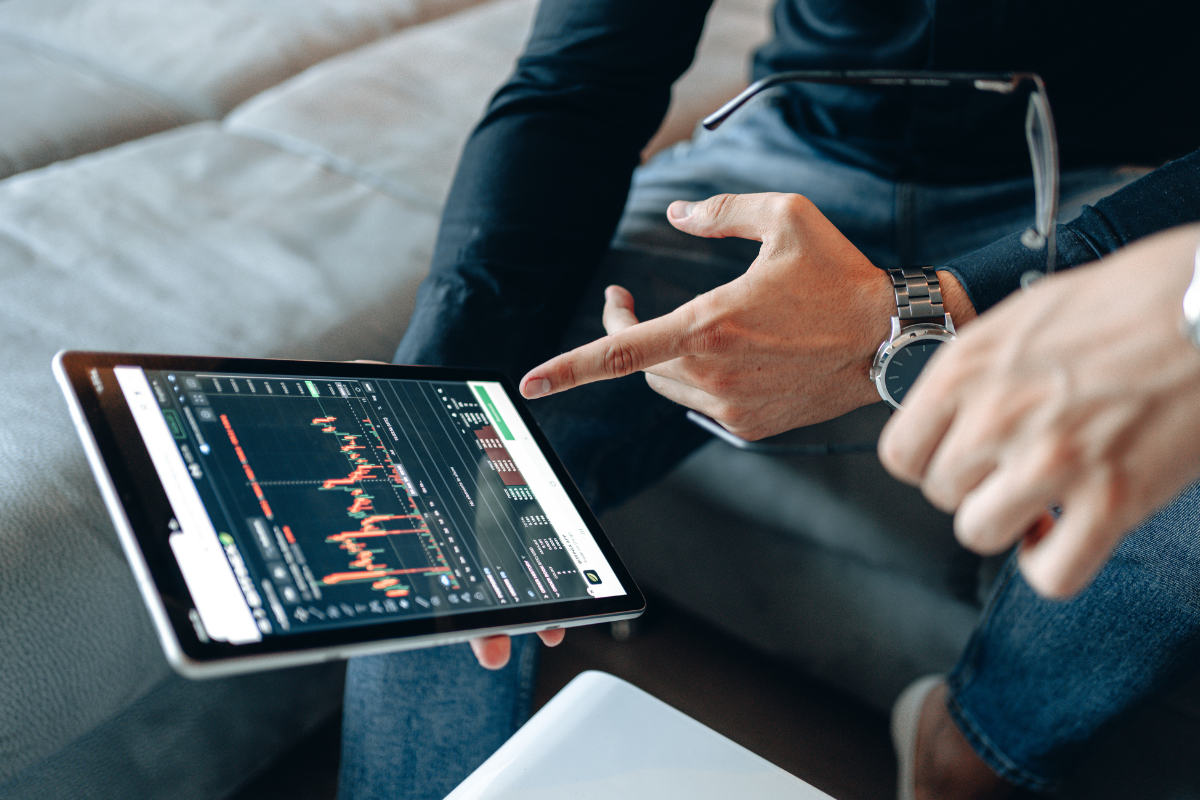
Navigating the world of trading requires not just mastering the intricacies of the markets but also managing your Read More
Track Your Income and Expenses: The foundation of any effective budgeting strategy lies in understanding your income sources and tracking your monthly expenses meticulously. This includes keeping tabs on your earnings from trading, wages, rental income, or any other sources, as well as monitoring your expenditures such as rent or mortgage, utilities, groceries, transportation, and entertainment. This insight into your cash flow is pivotal for creating a realistic budget. Set Financial Goals: Define your financial objectives, both short-term and long-term, encompassing both trading and personal finance realms. Whether it’s building an emergency fund, paying off debts, saving for retirement, or achieving consistent trading profits, having well-defined goals provides direction and motivation for budgeting effectively. Allocate Your Income Wisely: Once you’ve established your income and expenses, allocate your earnings thoughtfully to cover essential costs, savings, investments, and discretionary spending. Prioritize essentials like housing, utilities, and debt repayments, then earmark a portion of your income towards savings and investments, including your trading account. Establish an Emergency Fund: Building an emergency fund is a cornerstone of financial stability. Strive to set aside three to six months’ worth of living expenses in a readily accessible savings account to weather unforeseen financial challenges. An emergency fund acts as a safety net, shielding your trading capital from unexpected expenses or income disruptions. Create a Trading Budget: Separate your trading capital from your personal finances and establish a dedicated budget for trading activities. Determine the amount of capital you’re comfortable allocating to trading, and define clear risk management parameters, including position sizing, stop-loss orders, and maximum risk per trade. Adhering to your trading budget mitigates the risk of overexposure and helps preserve your capital. Monitor Your Budget Regularly: Consistently monitor and review your budget to ensure alignment with your financial goals. Keep tabs on your spending habits, evaluate your trading performance, and make necessary adjustments to optimize your budget and enhance your financial outcomes. Utilize budgeting tools or apps to streamline the process and stay organized. Practice Discipline and Patience: Maintaining a personal financial budget necessitates discipline and patience, particularly during turbulent market conditions. Adhere to your budgeting plan, resist the temptation of impulsive spending or trading decisions, and remain steadfast in pursuit of your long-term financial objectives. Seek Professional Guidance if Needed: Don’t hesitate to seek professional assistance if you’re uncertain about managing your finances or need guidance with budgeting. A qualified financial advisor or planner can offer personalized advice, help craft a tailored budgeting strategy, and provide valuable insights to support your financial goals. Conclusion: In conclusion, mastering your personal financial budget is paramount for new traders embarking on their trading journey. By tracking your income and expenses, setting clear financial goals, allocating your income wisely, establishing an emergency fund, creating a trading budget, monitoring your budget regularly, practicing discipline and patience, and seeking professional guidance if needed, you can take control of your finances and pave the way for long-term financial success. Remember, effective budgeting is the cornerstone of financial stability and success, both in trading and in life.
